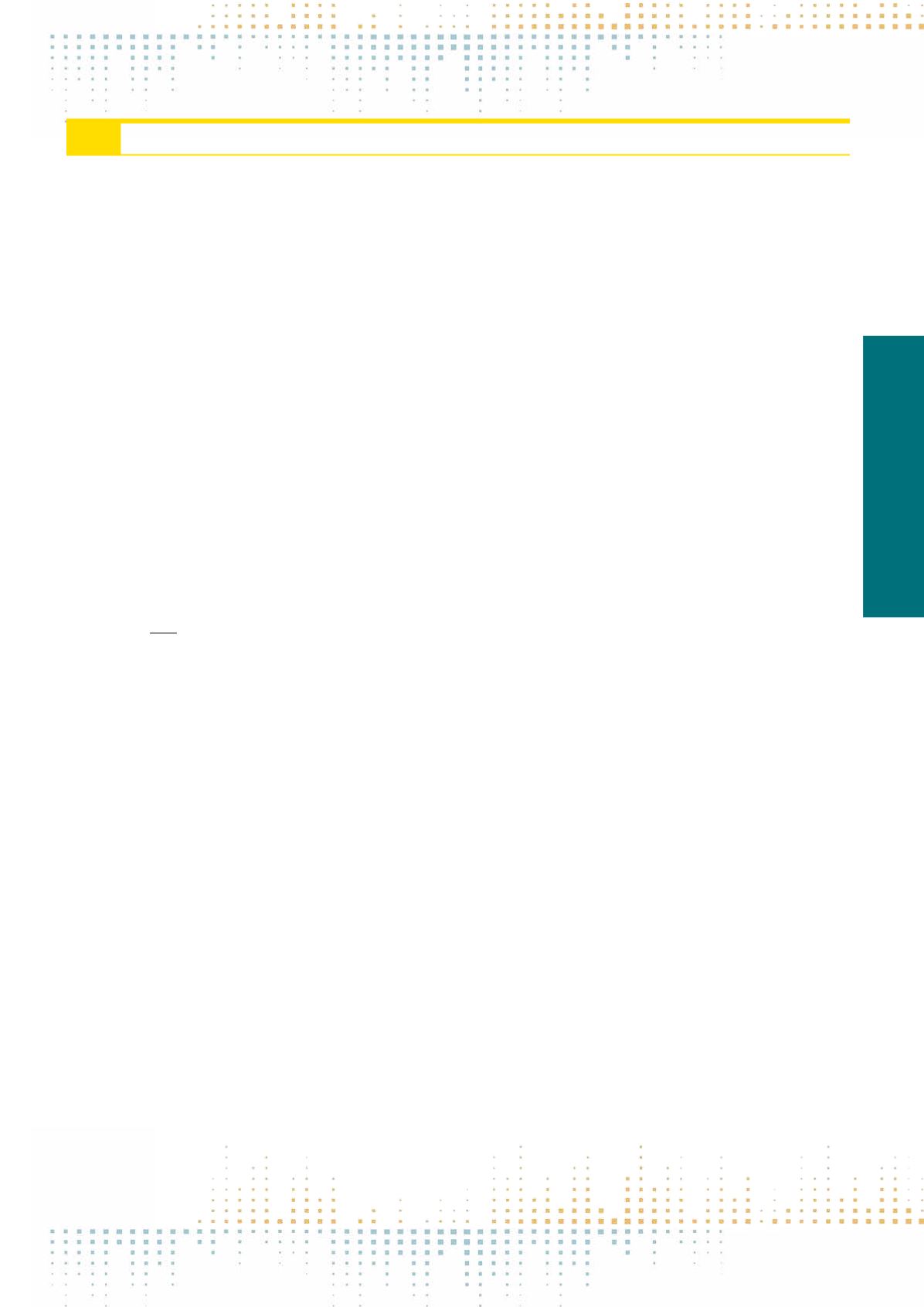

437
Friday, November 11
1 6 : 0 0 – 1 7 : 3 0
MIP06
European Television Production in the Post-Network Era
D. Lee
2
1
University of Leeds, Leeds, United Kingdom
Under the prevailing conditions of marketisation and rapid technological change, the European television industry is undergoing a transformation in terms
of industry structure, output, and conditions of production. At the discursive level, the policy support for public funding of public service broadcasting is
under threat as never before, with key PSB institutions across Europe restructuring and retreating in the face of commercialisation, changing consumer be‑
haviour and platform proliferation. Nevertheless, the television industry continues to thrive and even expand into new territories, with new modes of con‑
sumption and production redefining our expectations of what television is and might be in the future. Despite pronouncements about the 'end of television'
at the early part of this century, the television industry has instead transformed in a 'post-network' era, and remains a vitally significant cultural form (Lotz,
2014). This panel seeks to investigate (dis)continuities in European television production, from a range of differing critical, theoretical and methodological
perspectives. Setting the scene against the backdrop of political and economic change outlined above, David Lee's paper examines the transformed dynam‑
ics and structure of the British independent television sector as a result of recent economic and media policy change. The remaining papers in the panel
explore specific aspects and consequences of the transformations as well as structural consistencies in the television industry. Anna Zoellner discusses
how industrial context and change impact on the practice and experience of work for factual programme-makers, drawing attention to the implications
of the strategic position of independent producers within the television ecology as well as to the importance of genre in production research. Katrine Broe
Sørensen also explores the particularities of independent production, focussing on the contradictory values and norms in play in the Danish independent
production sector. Based on extensive field research, she analyses the implications of persistent community norms and relationships alongside increasing
market-demands for the television production culture. Caitriona Noonan turns her attention to the production ecology of arts broadcasting, a genre which
she argues is facing unprecedented uncertainty in light of changes both within the television market and beyond. Inge Sorenson's paper draws attention
to the impact of the explosion of mobile technology and multi-platform distribution on television production, arguing for a rethinking of how television
content and content producers are defined and understood. Aiming to contribute to our understanding of what shapes television content today, the papers
in this panel focus on the investigation of production practice and the relation to its particular industry context. Overall, the panel will provide rich, quali‑
tative and quantitative insights into the scale of change in European television industries, and their implications for cultural production. Lotz, A. D. (2014).
The television will be revolutionized. New York: NYU Press.
PN 213
Beyond Independence? The Restructuring of the British Independent Television Industry, and the Implications for Production
D. Lee
1
1
University of Leeds, Leeds, United Kingdom
Independent television production companies (‘indies’) have now become a central means for delivering audiovisual content to broadcasters, in both com‑
mercial and public service broadcasting environments. In the UK, the indie sector is one of the most economically significant cultural industries, producing
content across a wide and growing range of media and platforms. From humble origins, over the last three decades, the indies have been transformed from
a cottage industry to a global media industry. As a labour market, it has been noted for its precarious working conditions, networked structures of em‑
ployment and the intensification of commercialisation within the television industry which has had a significant effect on indie producers and production
values. Yet, despite having a problematic production culture, indies have also been responsible for some of the key innovations in television content over
the last thirty years since the creation of Channel 4 in 1982, in both factual and drama genres. This paper examines recent structural changes to the indie
sector in the UK, as a result of economic change and media policy deliberations. Most notably, we can see the intensification of earlier policies oriented
towards the commercialisation of the sector (Doyle and Paterson, 2008). As the trade magazine Broadcast noted in their annual report on the indie sector,
44% of the sector is now owned by US companies. Furthermore, the Coalition Government passed a Statutory Instrument late in 2014 re-defining indies as
able to be owned by a foreign broadcaster as long as this broadcaster is not directly trying to reach the British market. This is a radically new interpretation
of ‘independence’by media policymakers, and represents a significant shift away from the early values and ethos of the indie sector, which was prized for
its apparent independence from controlling corporate structures. New global players like Viacom, investing in British broadcasting for the first time, want
to see the UK as a ‘...creative hub for generating great content that can be shown around the world’ (Viacom, 2015), but what is the cost of this ambition
for the production of content that explores the culture and concerns of UK residents? Drawing on interviews with key players in the independent sector in
the UK, as well as secondary data, this paper examines the factors behind these recent changes, and considers their consequences in the context of concerns
about media diversity, pluralism and innovation. How is the restructuring of the sector impacting on the production culture within indies and on the con‑
tent produced and what do they mean for the future of a truly ‘independent’ creative ethos and culture? Doyle, G., & Paterson, R. (2008). Public policy
and independent television production in the UK. Journal of media business studies, 5(3), 17–33. Viacom (2015) Response of Viacom International Media
Networks (VIMN) to Ofcom’s Consultation on its Third Review of Public Service Broadcasting. At:
http://stakeholders.ofcom.org.uk/binaries/consultations/psb-review-3/responses/Viacom_International_Media_Networks.pdf.



















